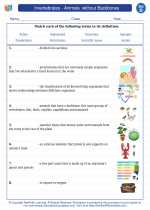Hypothalamus
The hypothalamus is a small but crucial part of the brain located just below the thalamus and above the pituitary gland. It plays a vital role in maintaining homeostasis, which is the body's ability to regulate its internal environment and keep it stable. The hypothalamus is involved in a wide range of functions, including regulating body temperature, controlling hunger and thirst, managing sleep and wake cycles, and controlling the release of hormones from the pituitary gland.
Anatomy of the Hypothalamus
The hypothalamus is made up of several different nuclei, each of which has specific functions. These nuclei are connected to other parts of the brain and the body through a complex network of nerve fibers. The hypothalamus also has connections to the pituitary gland, allowing it to control the release of hormones that affect various bodily functions.
Functions of the Hypothalamus
The hypothalamus has several important functions:
- Regulation of Body Temperature: The hypothalamus helps regulate body temperature by controlling the dilation and constriction of blood vessels, as well as triggering mechanisms such as sweating or shivering to adjust body temperature as needed.
- Control of Hunger and Thirst: The hypothalamus plays a role in regulating feelings of hunger and thirst, helping to maintain the body's energy and fluid balance.
- Regulation of Sleep and Wake Cycles: The hypothalamus helps control the body's internal clock and the timing of sleep and wake cycles.
- Control of Hormone Release: The hypothalamus produces hormones that control the release of hormones from the pituitary gland, which in turn regulate various bodily functions such as growth, reproduction, and stress response.
Study Guide
To study the hypothalamus, it's important to understand its structure and functions. Here are some key points to focus on:
- Identify the location of the hypothalamus in the brain and its connections to other brain structures.
- Understand the role of the hypothalamus in maintaining homeostasis and its involvement in regulating body temperature, hunger, thirst, and sleep.
- Learn about the hormones produced by the hypothalamus and their effects on the pituitary gland and other parts of the body.
- Explore the impact of hypothalamic dysfunction on bodily functions and overall health.
By mastering these key points, you'll develop a comprehensive understanding of the hypothalamus and its significance in regulating various physiological processes.
.◂Science Worksheets and Study Guides Fourth Grade. Invertebrates - Animals without Backbones

 Activity Lesson
Activity Lesson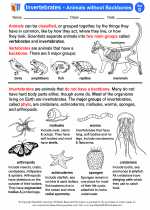
 Worksheet/Answer key
Worksheet/Answer key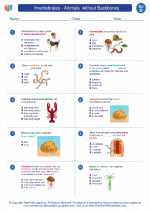
 Worksheet/Answer key
Worksheet/Answer key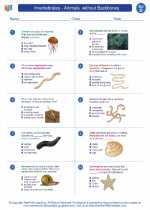
 Worksheet/Answer key
Worksheet/Answer key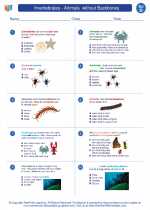
 Worksheet/Answer key
Worksheet/Answer key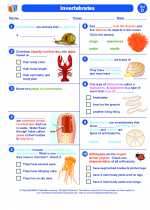
 Vocabulary/Answer key
Vocabulary/Answer key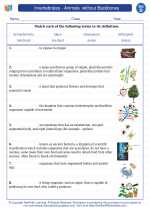
 Vocabulary/Answer key
Vocabulary/Answer key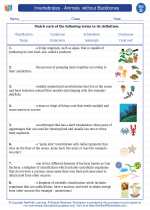
 Vocabulary/Answer key
Vocabulary/Answer key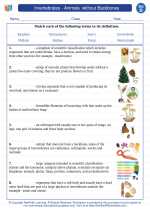
 Vocabulary/Answer key
Vocabulary/Answer key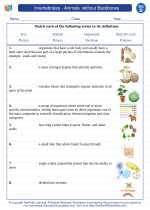
 Vocabulary/Answer key
Vocabulary/Answer key